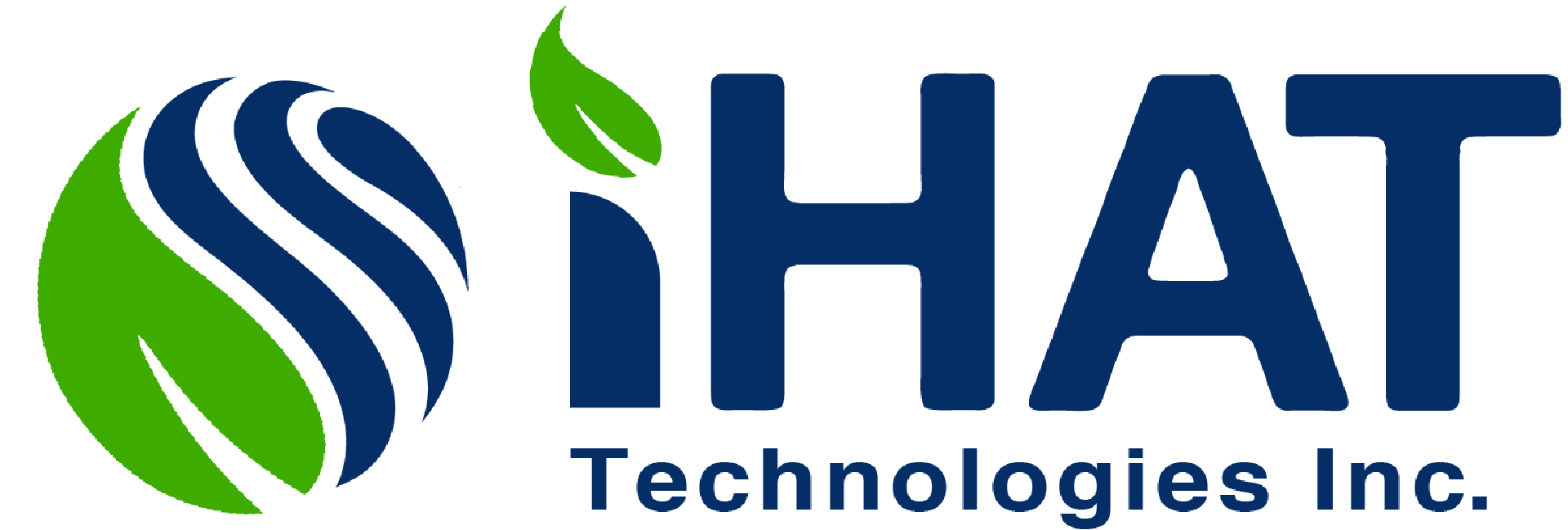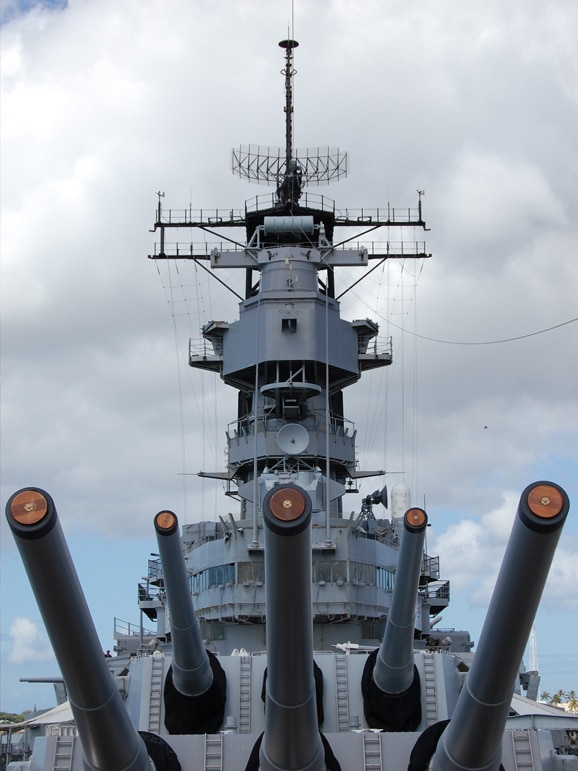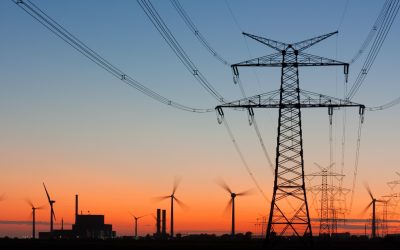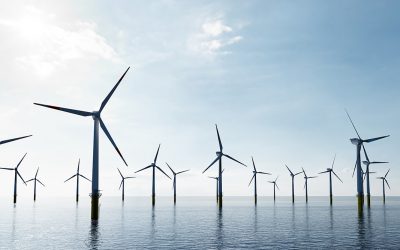
- Home
- /
- Navy
Navy
What Does IMO 2022 Mean for Ship Owners?
Navel Ships
In 2016, the IMO announced that the effective date for the reduction of marine fuel sulphur will be 2022.
Under the new global cap, ships will have to use marine fuels with a sulphur content of no more than 0.5%S against the current limit of 3.5%S in an effort to reduce greenhouse gas emissions.
Shipowners will soon need to decide if they want to continue using high sulphur fuel oil, in conjunction with scrubbers or exhaust gas cleaning systems; or switch to low sulphur fuel options, including distillates; or virtually sulphur-free LNG fuel.
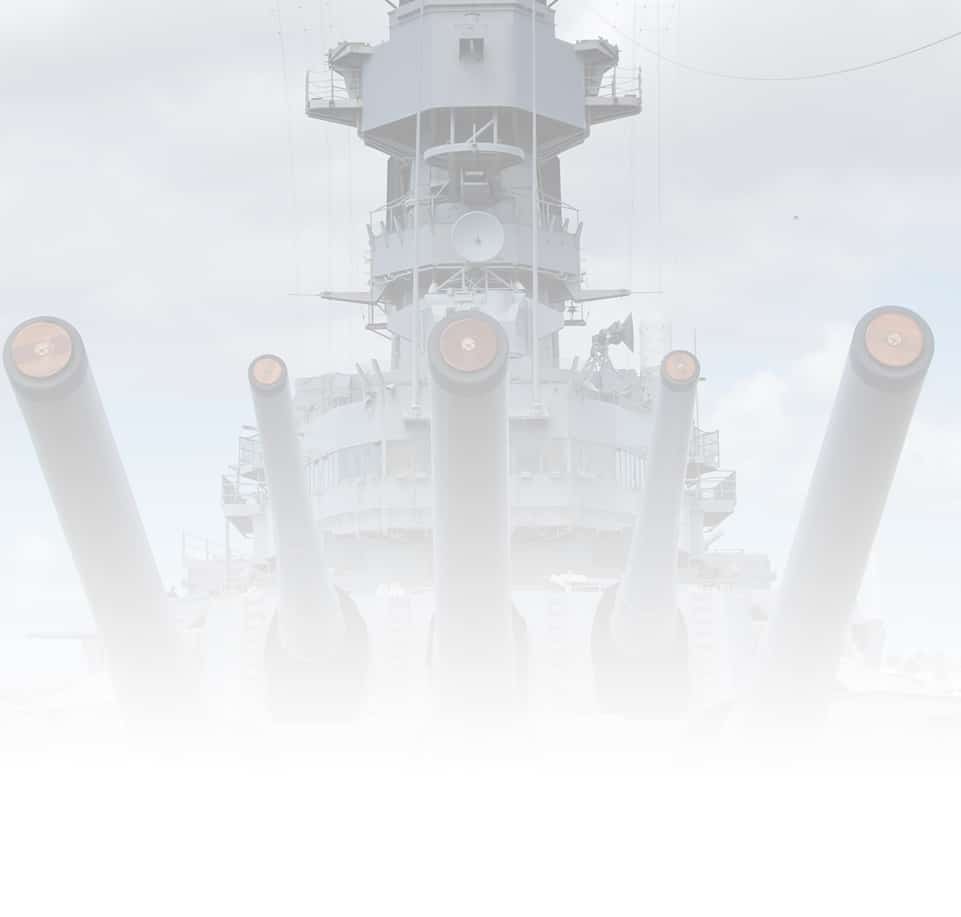
The solution that works best for types of ships :
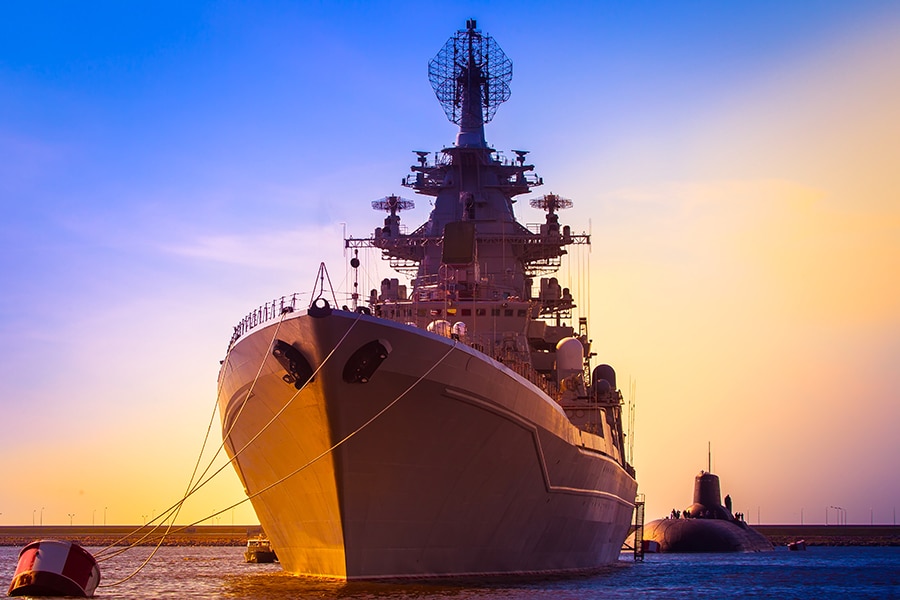

One Simple Step to Installation
The only modification required, to any existing internal combustion engine, is a small hole in the air intake manifold, which allows the flow of hydrogen gas into the combustion chamber.
One Simple Step to Installation
It’s a process of electrolysis separating water, hydrogen and oxygen by
applying an electric current.
When hydrogen is introduced into the combustion chamber of any internal combustion engine, the hydrogen enhances the air and fuel mix leading to an almost complete burn of the fuel.
This causes a
significant decrease in the input of GHGs and a reduction in fuel consumption.
The Need to Know
iHat News
Decarbonised Energy Pathway More Cost-Effective than Polluting Alternatives in Central America
Analysis shows region can pursue more ambitious energy transition agenda, achieving cost benefits while serving socio-economic and climate objectives. Abu Dhabi, UAE, 16 March 2022 – A decarbonization strategy can bring benefits to the Central America region at the...
Energy Transition Holds Key to Tackle Global Energy and Climate Crisis
World Energy Transitions Outlook outlines priority actions till 2030 to keep 1.5°C alive; calls on governments to fast-track energy transition for more energy security, resilience, and affordable energy for all. Abu Dhabi, UAE, 29 March 2022 – Short-term interventions...
Ocean Renewables: Powering the Blue Economy
Offshore renewables can play a key role in harnessing the benefits of the blue economy for sustainable development in Small Island Developing States (SIDS), said IRENA Director-General Francesco La Camera, at the Our Oceans conference held in the western Pacific...
